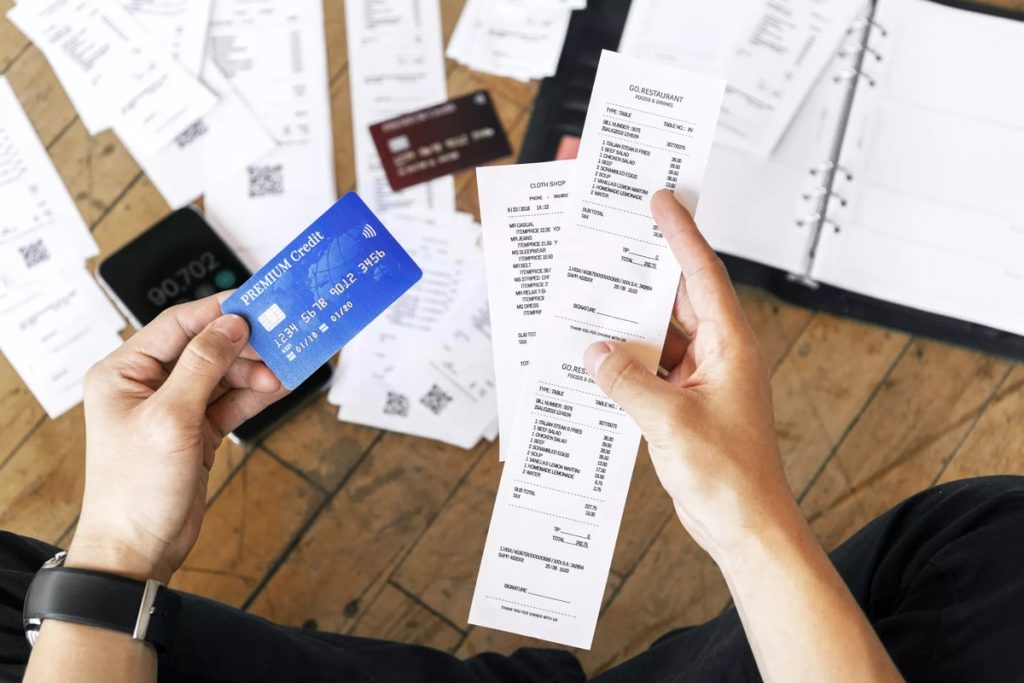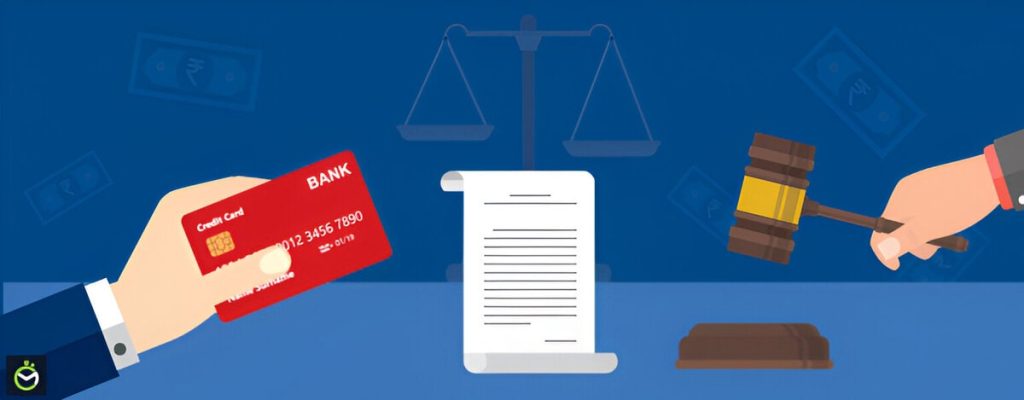Winning Chargeback Disputes: A Clear, Practical Guide for Merchants
Chargebacks can be a significant challenge for businesses, leading to revenue loss and operational strain. Chargebacks occur when a customer disputes a transaction, triggering a forced reversal through the card issuer. Understanding how to handle chargebacks efficiently is key to minimizing their impact.
What Are Chargebacks?
Chargebacks are reversals of credit or debit card payments, initiated when customers dispute a charge. This process, which started as a consumer protection measure, has increasingly become a tool for friendly fraud. According to Mastercard, approximately 60% of chargebacks are related to friendly fraud, where legitimate customers file disputes to reverse valid purchases. Businesses must follow strict guidelines when defending against chargebacks, including providing specific evidence based on the chargeback reason codes.
Main Chargeback Causes
- Fraud: Claims that a purchase was unauthorized or made with stolen card details.
- Product/Service Complaints: Claims of not receiving goods or dissatisfaction with them.
- Processing Errors: Double charges or incorrect amounts.
How to Win Chargeback Disputes: Step-by-Step
- Identify the Chargeback Reason Code
Every chargeback has a reason code, defining the dispute type. Visa and Mastercard use these codes to guide merchants in the type of evidence they need to submit. For instance, if a chargeback falls under reason code 13.1 (Merchandise Not Received), you’ll need proof of delivery, such as a signed receipt or shipment tracking information. Fraud-related chargebacks will require authentication data, such as AVS or CVV verification. - Gather Evidence
Successful chargeback disputes hinge on evidence. Merchants must provide comprehensive documentation supporting the legitimacy of the transaction. The most common forms of evidence include:
- Proof of delivery for physical goods.
- Communication logs (emails, chats) with the customer.
- Terms of service or refund policies agreed to at the time of purchase.
- Security authentication data, like AVS and 3D Secure verifications. Here’s a table outlining the best evidence for different chargeback scenarios: Chargeback Type Key Evidence Fraud (e.g., Unauthorized) AVS, CVV matches, 3D Secure authentication Merchandise Not Received (13.1) Delivery confirmation, signed receipt Product/Service Not As Described Communication logs, terms of service, product photos Duplicate Processing Transaction logs, receipts proving only one charge was valid
- Write a Clear Rebuttal Letter
A rebuttal letter explains the transaction details and disputes the customer’s claim. Keep it factual and direct. Explain why the transaction was valid and reference the supporting documents, such as signed receipts or terms of service. This letter should not include unnecessary details or emotional language—just the facts supported by evidence. - Submit Documentation on Time
Chargebacks come with strict deadlines. Visa gives 30 days for representment, while Mastercard allows 45 days. Missing these deadlines results in automatic forfeiture of the dispute. Track all submission timelines carefully to avoid penalties or fees.

Understanding Chargeback Impact on Businesses
Chargebacks don’t just impact immediate revenue. The hidden costs—like processing fees and resource allocation—are equally significant. For every $100 in chargebacks, businesses lose about $240 when factoring in dispute fees, lost inventory, and operational costs. Additionally, a high chargeback ratio (usually over 1%) can lead to fines or even termination of your merchant account by payment processors.
Here is a detailed breakdown of the potential cost impact:
| Cost Factor | Average Loss |
|---|---|
| Chargeback Fee (per dispute) | $15 to $100 |
| Revenue Lost (per $100 chargeback) | $240 (including fees, inventory, labor) |
| Chargeback Threshold | 1% of transactions before penalties increase |
Friendly fraud accounts for over $28 billion in annual losses for businesses. It’s essential to implement both prevention strategies and defense mechanisms to reduce the impact of chargebacks.
Chargeback Prevention Strategies
While winning chargeback disputes is important, prevention is even more crucial. Merchants should adopt proactive measures to reduce chargeback occurrences:
- Fraud Detection Tools
Implement 3D Secure, CVV checks, and AVS to reduce fraud risk. Fraud detection tools help verify the legitimacy of a transaction and can prevent disputes related to unauthorized purchases. - Clear Communication
Clearly communicate shipping times, refund policies, and product details. Ambiguous terms often lead to misunderstandings, which can turn into disputes. Ensure your checkout page includes a confirmation step where the customer agrees to your terms. - Detailed Transaction Records
Keep comprehensive records of all transactions, including customer communications, shipping logs, and authentication results. These records will be essential if a chargeback is filed. Automated systems can help keep track of these details.

How Merchanto.org Can Help
For businesses looking to reduce chargeback risks, Merchanto.org provides dedicated chargeback prevention solutions. As an official partner of Visa and Mastercard, Merchanto offers tools designed to help businesses prevent chargebacks and streamline their dispute process. Their advanced solutions can help you avoid unnecessary disputes and keep your chargeback ratio under control. Learn more about their services at Merchanto.org.
Representment Process: How to Properly Respond to Chargebacks
When you receive a chargeback, you can respond through a process called representment. This involves “re-presenting” the disputed transaction to the card issuer with supporting documentation. Here’s the step-by-step process:
- Chargeback Notification
Merchants are notified by their acquiring bank or payment processor when a chargeback is filed. This notification includes the reason code, which will dictate the evidence required for your response. - Collect and Submit Evidence
Once the reason code is identified, gather all relevant documentation. This may include proof of delivery, transaction receipts, and communication logs with the customer. Be sure to organize these documents in a way that clearly supports your case. - Submit Rebuttal and Evidence
Submit your rebuttal letter, along with the collected evidence, to the acquirer (your bank), who will then forward it to the card issuer. Make sure to meet the submission deadlines—Visa allows 30 days, while Mastercard grants 45 days. - Await Decision
After submission, the card issuer reviews the evidence and decides whether to reverse the chargeback or uphold it. If you lose, you may escalate the case to arbitration, but be aware this could involve additional costs.
Below is a table of common deadlines for chargeback responses:
| Payment Network | Response Deadline |
|---|---|
| Visa | 30 days |
| Mastercard | 45 days |
| American Express | 20 days |
When to Accept a Chargeback
Not all chargebacks are worth fighting. If the dispute amount is small or you lack the proper documentation, it may be more cost-effective to accept the chargeback rather than spend resources fighting it. However, keep in mind that every accepted chargeback increases your chargeback ratio, which can harm your relationship with payment processors.
Conclusion: How to Handle Chargebacks Efficiently
Chargebacks can significantly affect a business’s finances and reputation. Winning disputes requires a solid understanding of the chargeback reason codes, gathering clear evidence, and submitting documentation on time. Following best practices such as using fraud detection tools, maintaining clear communication, and keeping detailed transaction records can prevent many chargebacks from occurring in the first place.
By adopting a proactive approach and utilizing robust tools and strategies, businesses can not only defend themselves against chargebacks but also reduce their occurrence, improving profitability and maintaining solid customer relationships.



